Growth of supercars as classics
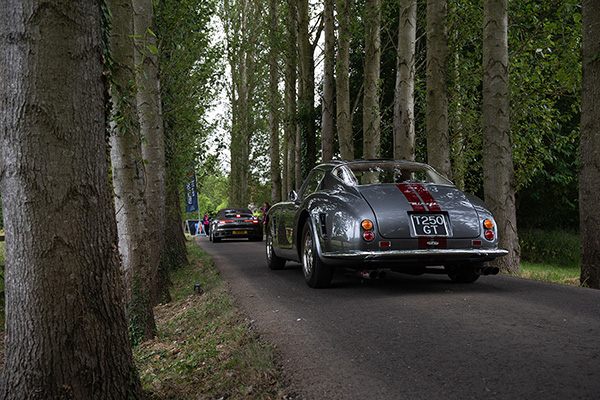
Supercars are becoming increasingly popular. Not in the wider public consciousness; these halo models have long been the subject of longing and posters. But in terms of actual sales, supercar sales have increased around 20% over the past few years, and are becoming a cornerstone of car collections both here in the UK and internationally.
But considering the enduring fascination over the course of decades, why are supercars becoming more popular now? There are a few factors at play.
What is a supercar?
The term ‘supercar’ is not a tightly defined one, and so the above question is not as daft as it might seem. There is no set speed limit, vehicle height, sprint time, or price range that defines a supercar, and the same goes for the ‘hypercar’ above it, or the ‘sportscar’ below. Instead, it’s a broad term, that can encompass just about everything from a Porsche 911 – particularly the top-of-the-range models – through to a Ferrari Grand Tourer. It’s difficult to pin down, but performance is clearly a prerequisite. Other than that, everything is open for discussion.
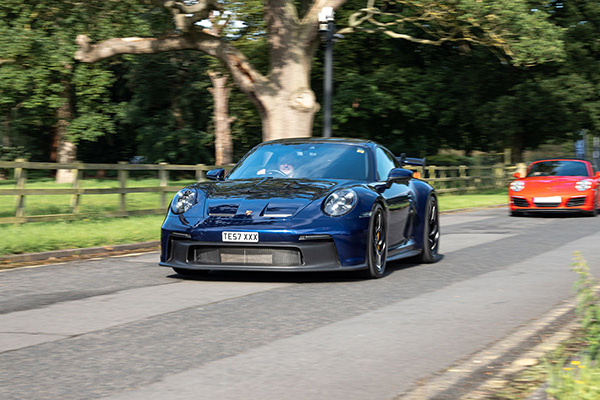
The likes of Ferrari’s mid-engined V8 range are widely regarded as supercars without argument, as are Lamborghini’s range of entry-level models as the very least. Most would consider anything wearing the famous rampaging bull badge – other than the tractors bearing the same name – as a supercar, but what about Aston Martin’s range. The Vantage, like the Porsche 911, is potentially a sportscar at the top of the bracket, rather than a supercar, but then the DB12 is far more Grand Tourer than impractical supercar… the examples could go on and on. In terms of growth however, the term covers a broad church of styles, configurations, and brands, with this last point a key aspect to consider.
Safe investment
Supercars – like art, fine wine, and watches – are considered a safe investment for enthusiasts, which is why increasing numbers of buyers are putting their money into these elaborate machines. Which is why the badge matters. It usually takes time for a manufacturer to make it to bona fide supercar-status, as this is the ultimate example of badge snobbery in the automotive world.
In recent decades, arguably only Pagani and Koenigsegg have come along and established themselves as supercar manufacturers without a heritage to call on. And that’s only been possible thanks to the outlandish designs and extreme performance offered from the Italian and Swedish firms respectively. Others, like McLaren have a short history when compared with the likes of Ferrari and Bentley in terms of manufacturing, but does at least have a significant racing background on which to hang its examples of road car engineering.
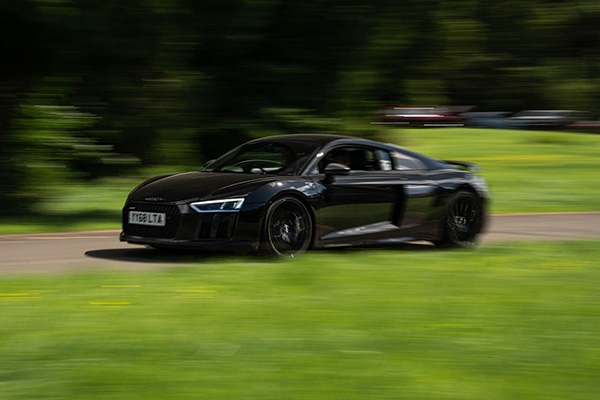
But racing backgrounds or a ling history do not a supercar manufacturer make. Not by themselves anyway. Take Nissan’s GTR for example. The current model can trace its history back to the late 1960s, and on a track or on the road, will give just about anything a run for its money in terms of performance. It’s a stylish machine too, in an understated, Japanese way. And yet, although undoubtedly a supercar, it’s not considered in the same league for those investing in them.
Time may change that opinion, with the likes of Toyota’s 2000GT and Volvo’s P1800 – both stunningly stylish machines – now highly-desirable classics when the manufacturer’s name is not a recognised member of the supercar elite. But for investing, the badge is key.
Bought and driven
Of course, the same isn’t quite as true for those who what to buy a supercar and actually drive it a fair bit. Here, performance capabilities are more important than badge cache, which is where a Porsche 911 GT3 could be a better bet than a Rolls-Royce Ghost. The Rolls-Royce is likely to be worth more years down the line, but the Porsche is undoubtedly the more dynamic machine.
This driving experience aspect of supercar ownership is partly driving increased sales and higher numbers making up car collections – and will continue to do so for the next four or five years at least.
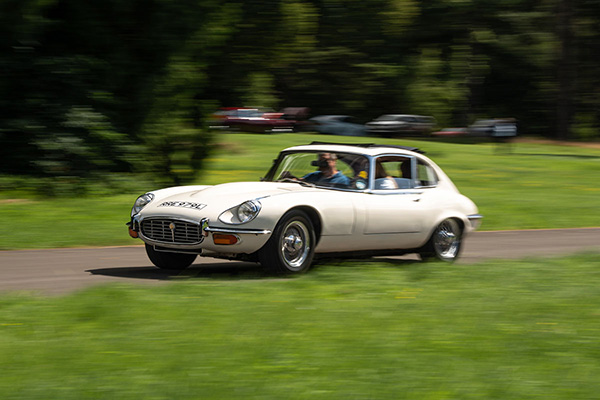
With the UK ban on petrol and diesel cars likely to kick-in in 2030, time is limited to get a kick of a new bellowing V12, screaming V10, or sonorous V8. And these engines are a key part of what makes up a supercar – at least for now. So manufacturers are building more of them to keep up with demand, since buyers want to get their petrol-powered supercar kick while they still can.
Clearly, there will remain a used car market after the ban starts, but new car buyers have a closing window of opportunity, and this is undoubtedly driving demand. Equally, manufacturers are having to kill off key engines. The new 12 Cilindri is expected to be the last naturally-aspirated, non-electrified V12 model Ferrari builds. And the likes of Aston Martin and Lamborghini have already confirmed ‘last of’ models for certain powertrains. This last hurrah for conventional engines is also helping boost demand, with buyers picking up models while they still can.
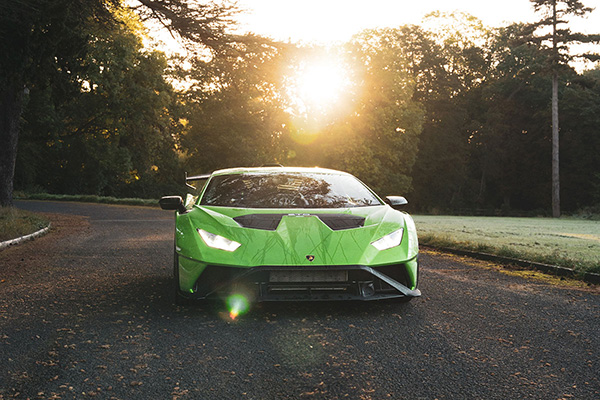
And that’s looking at the new or nearly new market. Used supercars are increasing in popularity thanks to greater numbers available. Someone looking 30 years ago for a classic supercar had a very limited choice of models – now there is far greater choice. Whether it’s something from the 1960s, 70s, 80s, or altogether more recent, supercars are more widely available should someone have the wherewithal to buy one. And that’s not only good news for car enthusiasts now, but there’s a significant chance that this past five years or so will be looked back on as a golden generation decades down the line.
Remember that whatever supercar you pick, Footman James can be relied upon to insure your vehicle – classic or modern, and regardless of badge or engine. Footman James Private Clients automatically become members of our Chrome Collective club which provides them with access to exclusive complimentary experiences such as factory visits and luxury driving events.
The Chrome Collective is an exclusive club for Private Clients of Footman James which offers access to luxury events, VIP hospitality and more. Club members in the past have enjoyed unsilenced driving at Thruxton, taken part in tailored driving tours, and discussed all things motoring with admired industry insiders. To find out more about our Private Client policies call 0333 162 8086

COMMENT